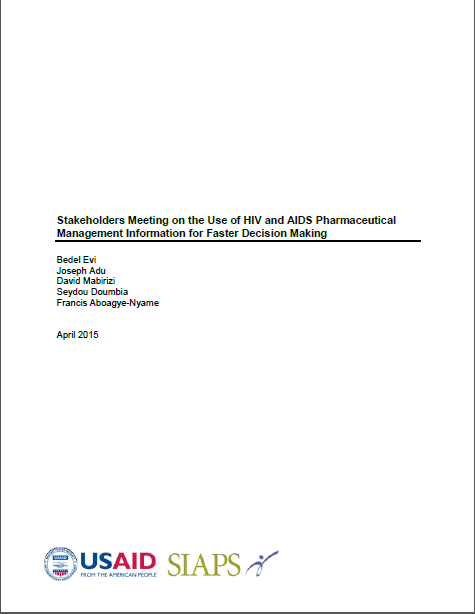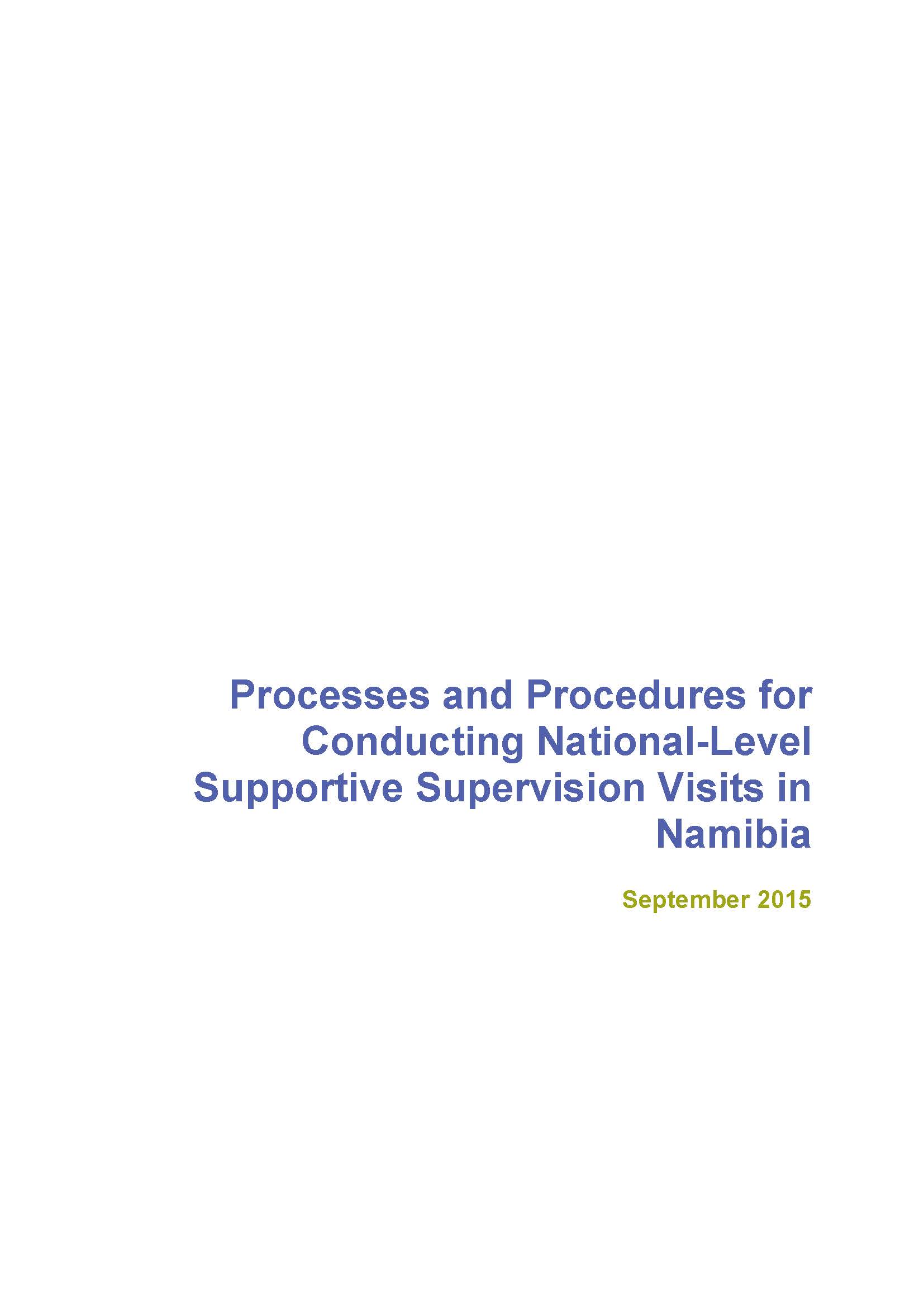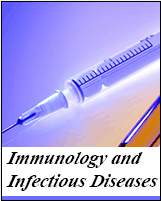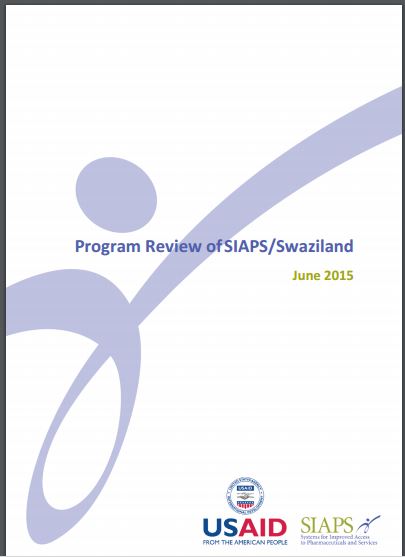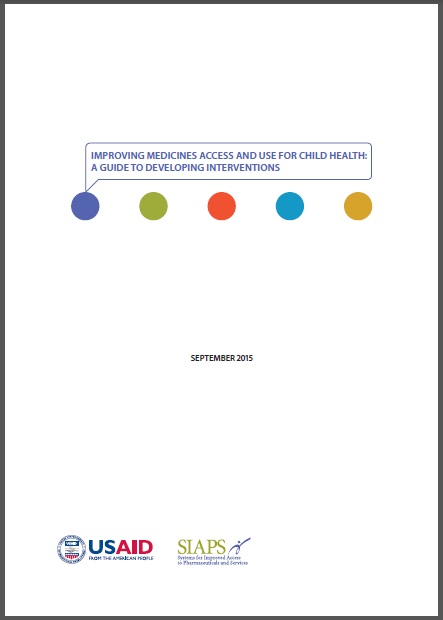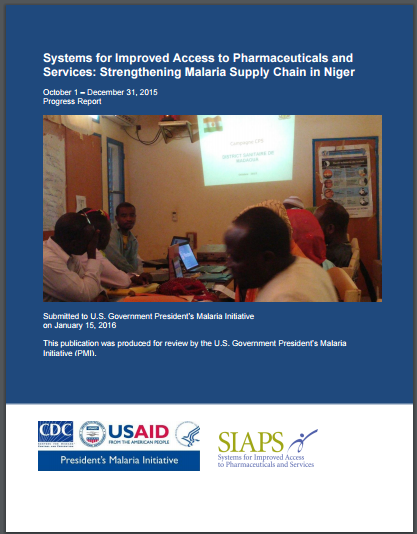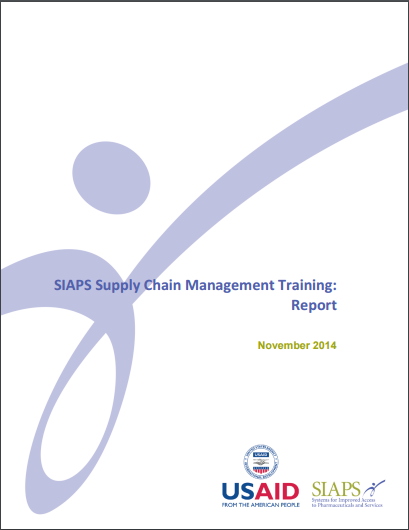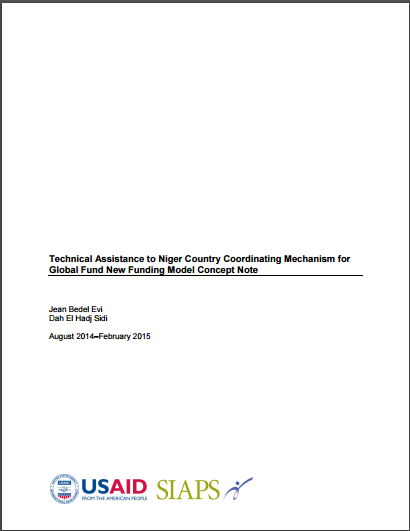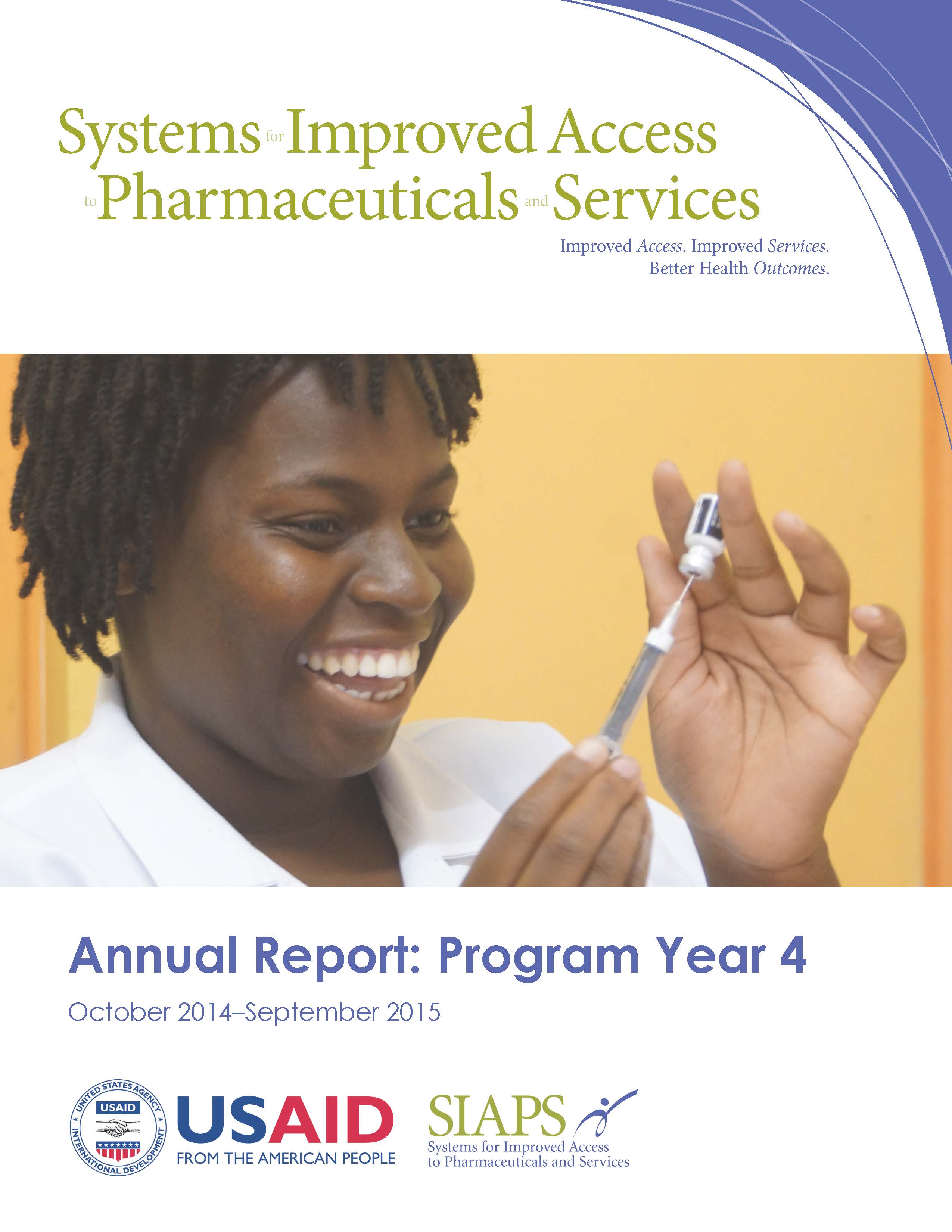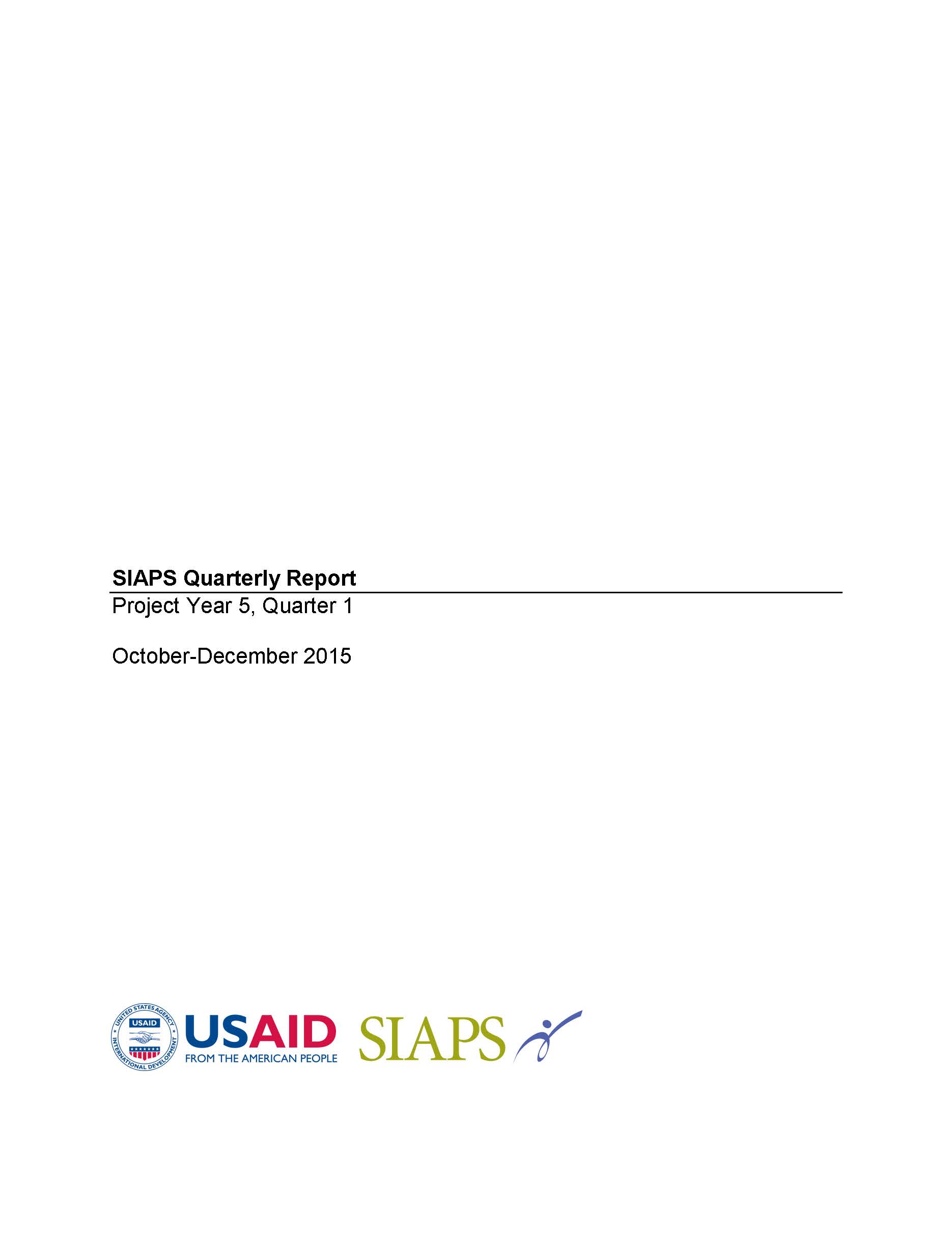Alerts about stock-outs of life-saving medicines for antiretroviral therapy (ART) and treating opportunistic infections have been issued in a number of countries in West Africa (WA). Eight countries in the region have not only reported stock-outs of critical medications, but have also demonstrated a lack of capacity to identify and address the underlying causes of … Read more
After supporting MOHSS’ conducting supportive supervision visits (SSVs), which started in 2009 and have been improved annually, the SIAPS and SCMS Programs have developed this document to detail standardized processes and procedures for conducting SSVs and to identify resources needed for the SSVs. This strategy is part of the SIAPS and SCMS programs’ efforts to … Read more
The Government of Cameroon and its partners have made major investments in the last decade in prevention, treatment, and care of HIV-infected patients. However, unmet need for antiretroviral therapy (ART) among HIV-positive pregnant women remains high at 66%. Critical to satisfying this need is ensuring adequate availability of prevention of mother-to-child transmission (PMTCT) commodities for … Read more
A Kane, antiretroviral therapy, Cameroon, E Nfor, G Buki, HIV/AIDS, J Dongang, K Kakanda, options analysis, PMTCT Option B+, Supply chain management
The focus of the review was on assessing SIAPS Swaziland’s role in improving the availability of HIV, TB, and sexual reproductive health (SRH) commodities. The review sought to identify gaps in the technical assistance provided over three years of SIAPS project implementation (October 1, 2011–September 31, 2014). The review findings are intended to be used … Read more
Assessment, capacity building, governance, HIV/AIDS, J Lukwago, Pharmaceutical systems strengthening, Reproductive Maternal Newborn and Child Health, Supply chain management, Swaziland, Technical Report, tuberculosis
Effective case management of sick children is a key strategy for reducing child deaths. This has been emphasized by the UN Commission on Life Saving Commodities for Women and Children, and is important for achieving the objectives laid out in Sustainable Development Goal 3. Common pediatric illnesses must be correctly diagnosed in a timely manner, appropriate … Read more
SIAPS Program provides support to the US President’s Malaria Initiative (PMI) country programs to address challenges to ensuring an uninterrupted supply of high-quality medicines and commodities as well as their appropriate use. SIAPS Program collaborates with PMI and field programs to strengthen pharmaceutical management systems for the benefit of national malaria control programs (NMCP). In … Read more
The United States Agency for International Development (USAID)’s Systems for Improved Access to Pharmaceuticals and Services (SIAPS) program, implemented by Management Sciences for Health, and its predecessor programs have provided technical assistance (TA) support to strengthen public health pharmaceutical management systems in countries around the world for about a decade and a half. A significant … Read more
Globally, Sub-Saharan Africa remains most severely affected by HIV, accounting for 69 percent of the people living with HIV worldwide. Alerts of stock-outs of life-saving drugs for antiretroviral treatment (ART) and treating opportunistic infections have emerged from a number of countries in West Africa (WA). To address these recurrent pharmaceutical supply management issues and provide … Read more
To learn more about SIAPS program activities worldwide, please read our annual report for program year 4.
This report presents highlights of SIAPS’ activities organized both by intermediate result area, representing multiple countries where we work, as well as by our global, regional, and country portfolios for the October through December 2015 period.
